Coming off a middling 2009-10 season in Raleigh in which the Carolina Hurricanes finished 35-37-10, third in the Southeast Division, the team turned to the NHL Draft with optimism. In many ways, their optimism paid off. Let’s take a look at how the 2010 Draft went for them.
First Round
Jeff Skinner- C- Kitchener (OHL)- #7
Drafted No. 7 overall in the 2010 Draft, Skinner was coming off a year with the Kitchener Rangers in which he had scored 50 goals and 40 assists for 90 points and had solidified himself as possibly the best goal scorer in the class.
Skinner immediately made an impact in the scoring department in his rookie season, tallying 63 points (31 goals and 32 assists) in a full 82 games, helping to lead the team to an improved 40-31-11 record (91 points) but still finishing in third. He won the Calder Trophy as rookie of the year at season’s end.
Related: Who’s Never PIcked #1 in the NHL Draft
Since then, Skinner has had a bit of a checkered injury history, having missed significant chunks of time early in his career — 64 games in his sophomore season, 42 in his third season. While he did bounce back over time with his health — missing three total games in his final three years in Carolina — it wasn’t enough to keep him in Raleigh long term. The Hurricanes sent him to the Buffalo Sabres in exchange for Cliff Pu, Buffalo’s second-round pick in 2019, and the third and sixth-round picks in 2020.
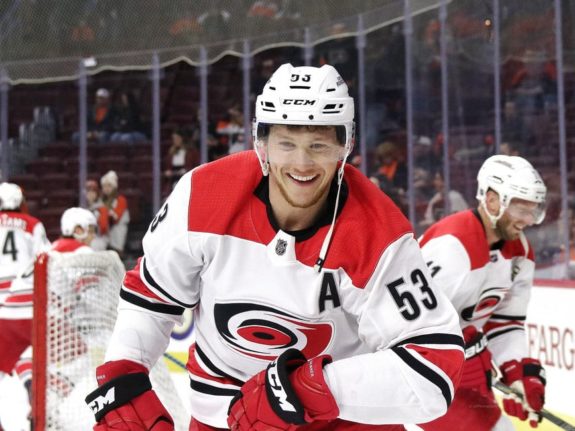
The second-round pick in 2019 from the trade, turned into Pyotr Kochetkov, who the Hurricanes have high hopes for in between the pipes for the future.
Skinner had an up-and-down history offensively, scoring 33 goals in 71 games in 2013-14, and then dipping to 18 goals in 77 games in 2014-15. In 2016-17, he tallied 37 goals in 79 games, only to dip to 24 goals in 82 games in his final season in Raleigh.
The past two years in Buffalo, Skinner has gone from 40 goals in 80 games in his first year with the Sabres to 14 in 59 games in his second season with the team.
Summary: Skinner’s time in Carolina was a bit of a roller coaster ride from season to season. An exceptional skater, he had the ability to put the puck in the net at any point, but the consistency was lacking a bit. In the end, the inconsistency was a part of the reason he was shipped off to Buffalo, coupled with the fact that he was set to hit the free-agent market after the 2018-19 season.
Missed Opportunity: None
While Skinner’s time was up and down in Raleigh, only two other players have put up more points in the 2010 draft class than Skinner’s total of 465 (Tyler Seguin, Taylor Hall) and both were picked ahead of Skinner. Vladimir Tarasenko was taken nine spots later, but he wasn’t in the conversation for top 10.
Middle Rounds (2-4)
Justin Faulk- D- Team USA U18 (USHL)- #37
The Hurricanes hit another metaphorical home run when they selected Justin Faulk with the 37th pick.
A member of the U.S. National Team Development Program (USNTDP), Faulk put up 12 points in 21 games in the USHL, which caused him to slip down the rankings. This allowed him to fall right into the Canes’ lap in the second round.
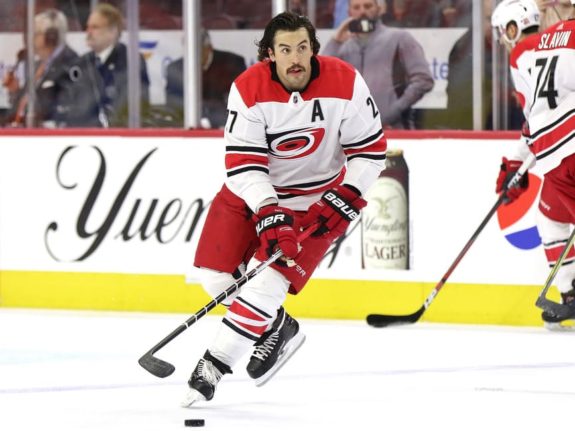
Faulk headed to Minnesota-Duluth for a year and upped his offensive output drastically on the blue line. He tallied 33 points in 39 games for UMD.
Late in the year, he got the call from the Canes to report to the AHL’s Charlotte Checkers for the playoffs, where he tallied two points in 13 games. Over the next two seasons, Faulk split time between Charlotte and Carolina, playing 104 games in Raleigh and 43 in Charlotte.
Related: Revisiting Doug Armstrong’s Drafts – 2012
The 2013-14 season was when Faulk really got rolling. He scored 32 points in 76 games and was a staple for the Hurricanes on the power play. However, he was traded to the St. Louis Blues before the 2019-20 season.
He was traded along with a fifth-round pick in 2020 for touted prospect Dominik Bokk, defenseman Joel Edmundson and a seventh-round pick in the 2021 Draft.
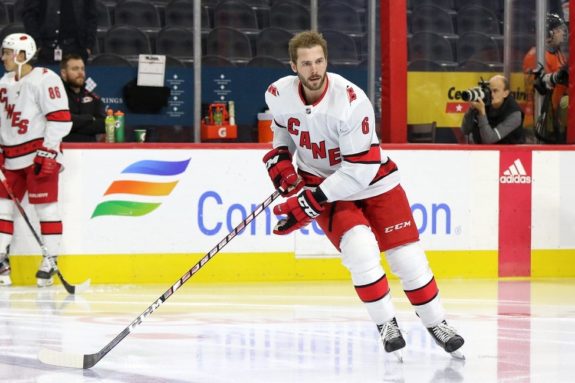
Soon after the trade, the Blues extended Faulk for seven years. Looking back on the trade, it made a lot of sense that the Hurricanes decided to deal Faulk. The Hurricanes had depth at the position and used a Faulk trade to add to their already deep prospect pool.
Missed Opportunity: None
There has been only one player that has scored more points than Justin Faulk from the second round (Tyler Toffoli). Faulk scored 247 points on the back end for the Canes in his tenure in Raleigh and contributed consistently.
Mark Alt- D- Cretin Derham HS (Minn.)- #53
While the first two picks were hit out of the park for general manager Jim Rutherford, this one didn’t come close to hitting the standard of Skinner and Faulk.
Drafted out of Cretin Derham High School in Minnesota, Alt spent three years at the University of Minnesota. He was later traded to the Philadelphia Flyers in a deal that sent Brian Boucher and Alt to the Flyers for Luke Pither.
Related: Revisiting David Poile’s Drafts – 1998
Alt has since played a total of 18 games with the Flyers and Colorado Avalanche and has not tallied a point. He spent the 2019-20 season playing for the Colorado Eagles in the AHL.
Missed Opportunity: Jason Zucker #59
While the first two rounds were anything but misses, this pick really could have been hit out of the park with a selection of Jason Zucker.
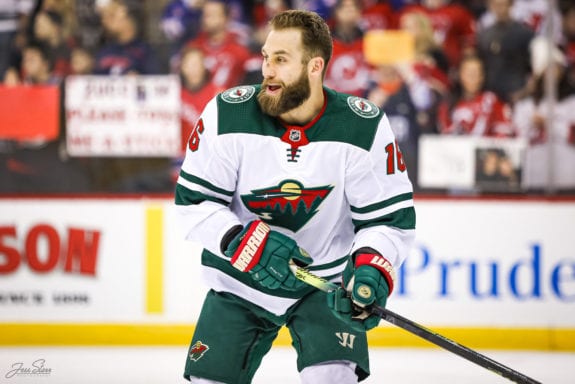
Zucker, a teammate of Faulk’s with the NTDP, was drafted by the Minnesota Wild. He proceeded to have two big seasons at the University of Denver, tallying 91 points in 78 games for the Pioneers. He has scored 255 points in 471 games in the NHL for the Wild and the Pittsburgh Penguins.
Danny Biega- D- Harvard (NCAA)- #67
Biega was drafted out of Harvard and really made a statement in the years after at the college level. He tallying 65 points in 68 games for Harvard in his sophomore and junior seasons.
His production dropped off drastically in his senior year down to 11 points in 32 games, before he headed to Charlotte in 2012-13.
Related: Senators’ 2000 Draft – It Could Have Been Better
Biega spent the majority of his four years with the Hurricanes in the AHL, playing only 10 games for the big club in Raleigh. He only recorded two points in that span.
Missed Opportunity: Jordan Weal (#70)
While Weal has not been a regular at the professional level, he has been a serviceable fill-in for the Los Angeles Kings, Flyers, Arizona Coyotes and Canadiens in his time in the league.
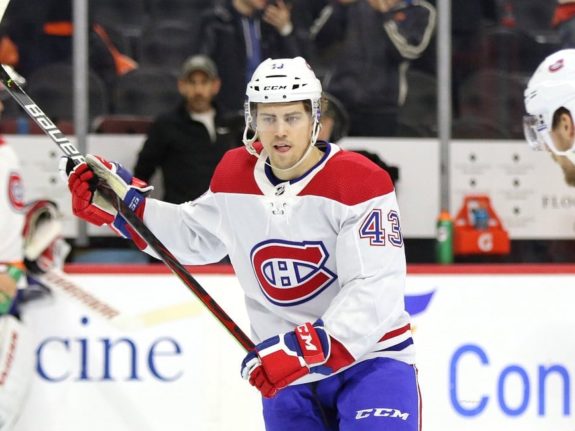
He has tallied 69 points in 218 games.
Austin Levi- D- Plymouth (OHL)- #85
Levi had a couple of nice seasons on the back end for the Plymouth Whalers in the OHL before the Hurricanes took him late in the third round. He signed with the Hurricanes in 2013-14 and spent most of the next two seasons bouncing back and forth between the Checkers and the Florida Everblades, the Hurricanes’ ECHL affiliate. He has not played a game in the AHL or ECHL since 2014-15.
Missed Opportunity: Joakim Nordstrom (#90)
Nordstrom ironically ended up being traded to the Hurricanes before the 2015-16 season and has carved out a nice role in the league for himself. He has suited up for the Chicago Blackhawks, Hurricanes and Boston Bruins.
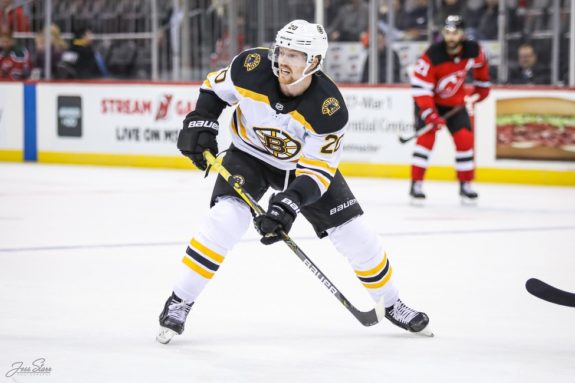
A gritty two-way winger, he has found his way into 400 games, tallying 68 points, and contributing on the penalty kill.
Justin Shugg- LW- Windsor (OHL)- #105
Shugg is an interesting case. Drafted from the Windsor Spitfires, he spent a season with the OHL’s Mississauga Steelheads before he reported to the Hurricanes’ minor league affiliates.
Related: Worst Teams in Stanley Cup Playoff History
Shugg produced at a decent clip offensively (115 points in 212 games for the Checkers) before he got his one and only chance with the big club in the 2014-15 season. He played in three games and did not record a point. He currently plays for Munich EHC in the DEL.
Missed Opportunity: Marcus Sorensen (#106)
Sorensen has taken his time to develop for the San Jose Sharks, and while he is not a record-breaker, he did find his way into the NHL for good in 2018-19, tallying 30 points in 80 games.
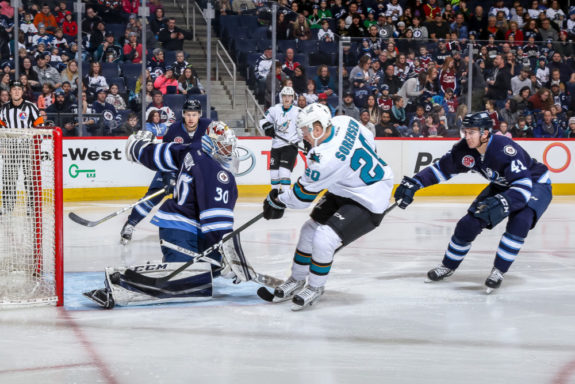
He has recorded 59 points in 180 games in the NHL.
Later Rounds (5-7)
Tyler Stahl- D- Chilliwack (WHL)- #167
Drafted as a dart throw late in the draft, Stahl was coming off a year in which he tallied only six points but racked up 146 penalty minutes in 59 games. He never got a chance at the pro levels and has not played a game since 2012-13.
Missed Opportunity: Anthony Bitetto (#168)
Bitetto was drafted with the pick after Stahl and essentially is what the Hurricanes wanted with this pick: a physical presence on the blue line.
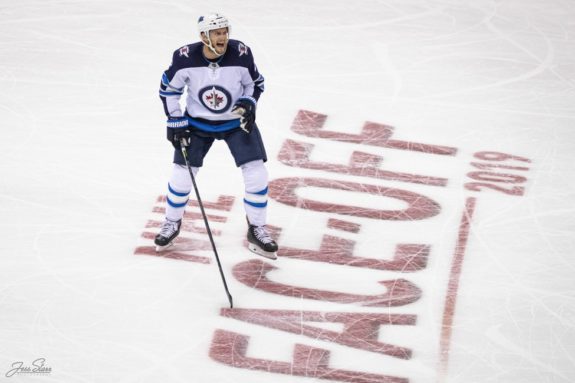
He hasn’t brought much offensive firepower in his career but brings some grit. He has been a serviceable fill-in at times for the Nashville Predators, Wild and Winnipeg Jets.
Frederik Andersen- G- Frederikshavn (Denmark)- #208
Rutherford issued a statement after Andersen decided to not sign with the team. There is no doubt that signing Andersen to a deal back in 2012 would have been huge for the future of the franchise.
He was later drafted by the Anaheim Ducks in the third round of the 2012 Draft. He reported to them one year later and played in 125 games in Southern California.
He was later traded to the Toronto Maple Leafs for a 2016 first-round pick and a second-round pick in the 2017 NHL Entry Draft. Those two picks turned into Sam Steel and Maxime Comtois, both of whom have gotten time in the league for the Ducks.
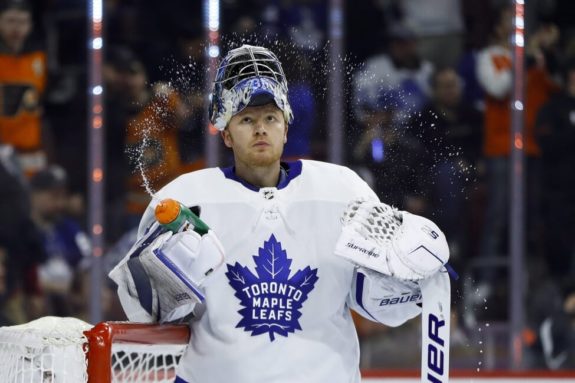
He has since played in 244 games for the Maple Leafs, going 136-66-33 in his time there.
Missed Opportunity: Signing him
Does this one hurt or what? Andersen has gone on to be a very successful goaltender in the league for the Maple Leafs, while the Hurricanes have struggled to find consistent goaltending.
Andersen would have given them a reliable presence in the net and might have helped them with consistency, something the Hurricanes desperately have needed up until the last few years.
Final Grade: B+
The Skinner and Faulk picks are the main reason that this grade is as high as it is. If the Hurricanes had signed Andersen, this grade would have been in the A+/A range. Still, getting two players who helped to shape your franchise for multiple years isn’t anything to sneeze at.
None of the middle-round picks made an impact, and that had to be a disappointment for management. However, with Skinner and Faulk’s success, it’s also hard to be too upset with the production that came from them in the years following the 2010 Draft.